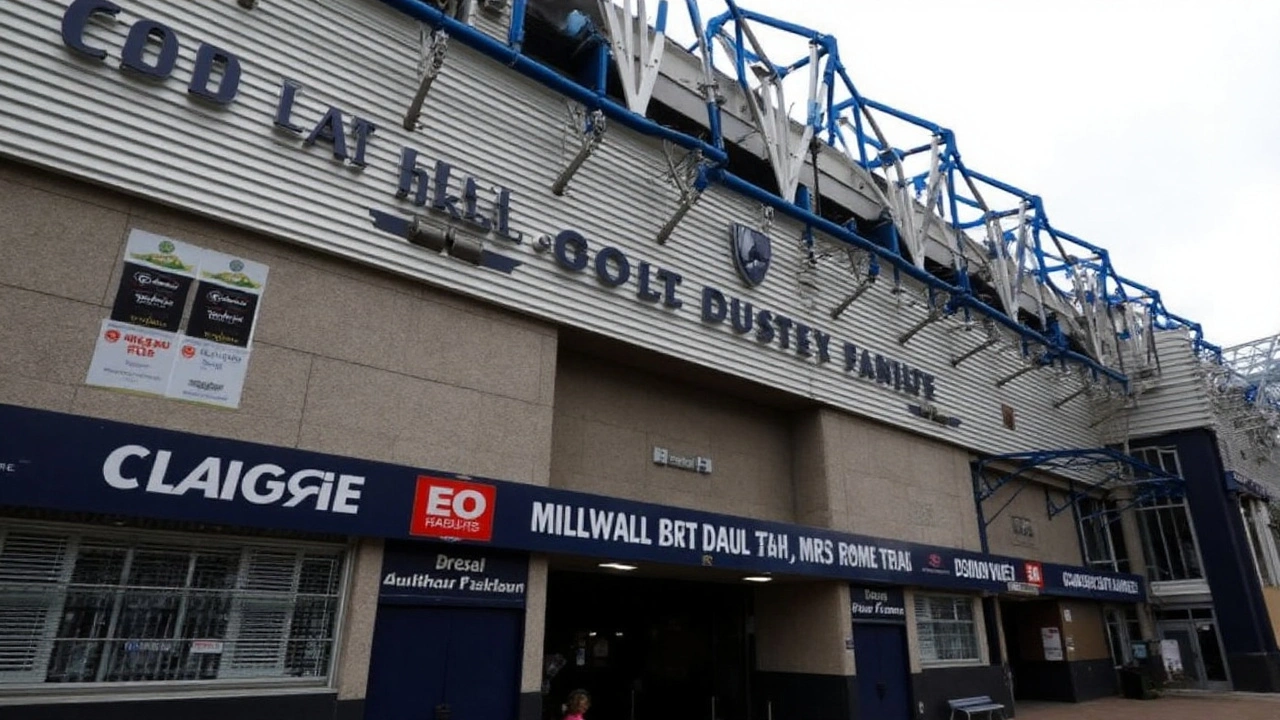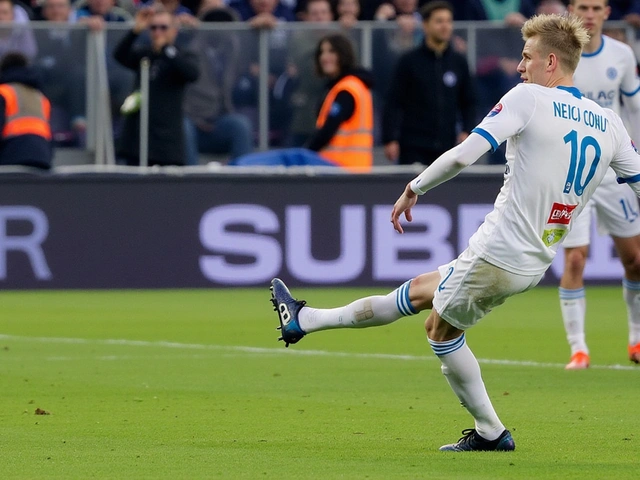Loan Moves in Football: What’s Happening and Why It Matters
When you hear the word “loan” in football, you might picture a player swapping shirts for a few months before coming back home. That’s the core idea, but there’s a lot more to it. Fans love loan moves because they can bring fresh talent to a team, give a youngster regular game time, or help a club balance its budget. Let’s break down how these deals work, look at a few recent examples, and see what they mean for clubs and supporters.
How a Loan Deal Works
A loan is a temporary transfer. The player stays under contract with the parent club, but he spends a set period – usually half a season or a full season – playing for another side. The two clubs agree on a few key points:
- Duration: Most loans run until the end of the league season, but short‑term deals of just a few months also happen.
- Wages: The borrowing club may pay the full salary, split it with the parent club, or cover only a portion. This depends on the player’s value and the clubs’ negotiation power.
- Option to buy: Some loans include a clause that lets the borrowing club purchase the player permanently for a pre‑agreed fee.
- Recall clause: The parent club can sometimes recall the player early, especially if they face injuries or a change in management.
For the player, a loan is a chance to get minutes on the pitch that he might not receive at his home club. For the borrowing club, it’s a low‑risk way to strengthen a squad without a big transfer fee.
Recent Big Loan Moves
The most talked‑about loan this season is Arnaut Danjuma’s move to Girona. The Dutch forward, originally a Villarreal player, joined the Spanish side on a season‑long loan. Danjuma brings pace, dribbling and a knack for finding the net, giving Girona a boost up the La Liga table. The deal didn’t include a purchase option, so Villarreal can decide next summer whether to keep him, sell him or loan him again.
Other notable loans include young prospects heading to lower‑tier clubs for development. Those moves often stay under the radar but can reshape a career. A 19‑year‑old midfielder might spend a season in the Championship, learn the physical side of the game, and return ready for Premier League action.
Clubs also use loans to off‑load surplus players. If a squad is stacked in a certain position, loaning out a player saves wages and keeps the athlete match‑fit. That’s why you’ll see veteran defenders pop up at clubs fighting relegation – they bring experience without a big price tag.
Fans should keep an eye on the loan window dates – usually in the summer and January – because that’s when most movement happens. A surprise loan can change a team’s fortunes overnight, just like a permanent signing.
In short, loan moves are a win‑win for many parties when done right. They provide playing time for developing talent, fill short‑term gaps for borrowing clubs, and offer financial flexibility for parent clubs. The next time you hear a name linked to a loan, think about the strategic reasons behind it and how it could impact the games you love.
Millwall winger Adam Mayor, 20, has moved to League Two side Cambridge United on a loan until 2025‑26. Reuniting with former boss Neil Harris, the Liverpool‑born attacker hopes regular minutes will boost his development after a hamstring setback. Mayor’s versatility and direct style add fresh options for the U’s frontline.






